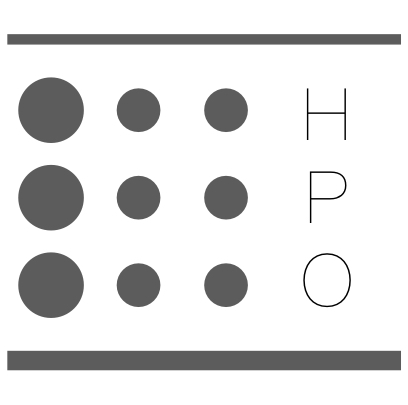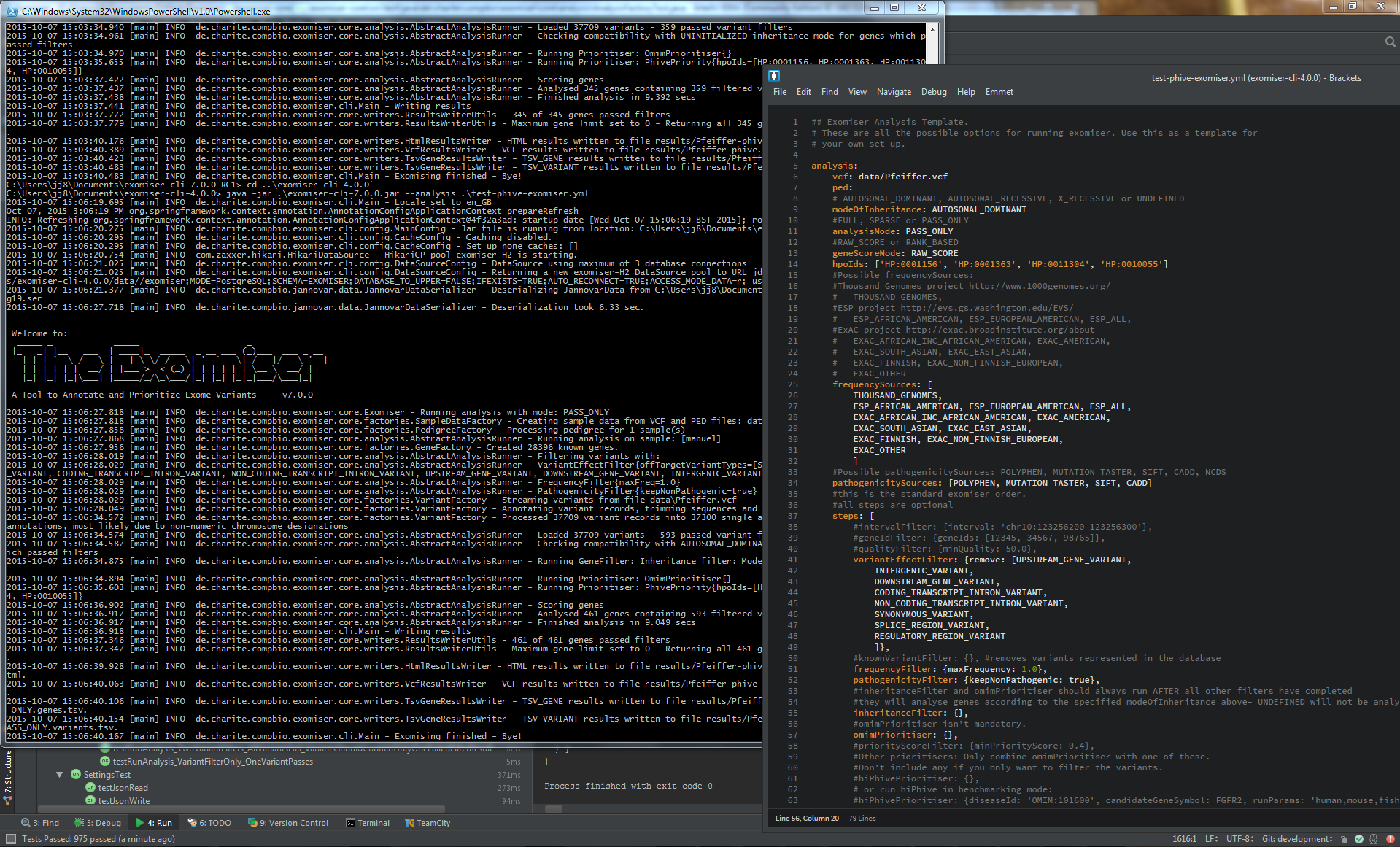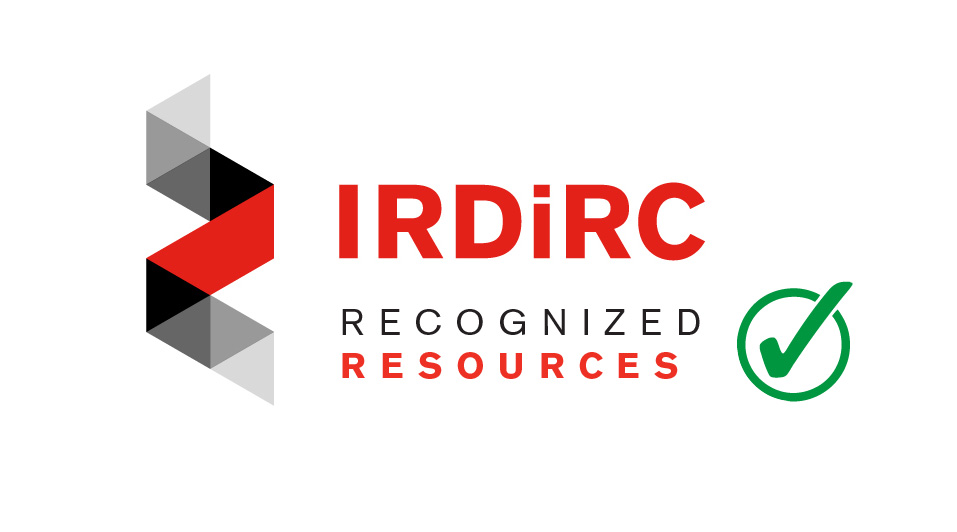PhenomeCentral
Enter cases, find matches, and connect with other rare disease specialists. Find out more...
About PhenomeCentral
PhenomeCentral is a repository for clinicians and scientists working in the rare disorder community. PhenomeCentral encourages global scientific collaboration while respecting the privacy of patients profiled in this centralized database. Once users enter their patients' data, they are connected to other patient profiles within PhenomeCentral that share similar phenotypes and genotypes. Watch the video guides...
Why you should join
PhenomeCentral helps you find additional cases of the same unnamed disorder. This is especially important for rare disorders, where PhenomeCentral's collaboration model enables effective and secure data sharing between clinicians and scientists around the world. These collaborations are critical to better understand the manifestations of rare disorders and discover their underlying mechanisms.
How it can help
PhenomeCentral uses state-of-the-art algorithms to match cases on phenotype and genotype. You can find similar cases even if there are no phenotypes in common, because terms are matched semantically rather than using textual similarity. You can enter candidate genes or let the Exomiser automatically prioritize genes from exome sequencing data.
A piece of the puzzle
PhenomeCentral is a founding member of the Matchmaker Exchange (MME), a collaborative effort to address the common challenge of exome and genome sequencing in both the research and clinical settings. As part of the MME, we developed a matching API to enable clinicians and scientists to find similar patients across services in the Matchmaker Exchange. Please contact support@phenomecentral.org for more information.
PhenomeCentral is possible thanks to
The Human Phenotype Ontology

PhenomeCentral collects phenotype data using the Human Phenotype Ontology (HPO), a standardized vocabulary of phenotypic abnormalities encountered in human disease.
Thanks to the detailed terminology and semantic organization of the HPO, PhenomeCentral can match phenotypic profiles even when there are no phenotypes in common.
Find out more...The Exomiser

The Exomiser software package annotates, filters, and prioritizes variants in a patient's exome based on their phenotype (encoded using the HPO).
PhenomeCentral depends on the Exomiser to analyze exome sequence data and prioritize genes for genomic matching.
Find out more...The Monarch Initiative

The Monarch Initiative builds and maintains a curated knowledge base that links genotype-phenotype associations across a large number of species (including humans).
The infrastructure and algorithms developed by the Monarch Initiative provide the foundation for much of the PhenomeCentral core functionality, including phenotype matching, variant prioritization, diagnosis suggestions, and case specificity evaluation.
Find out more...PhenoTipsTM

PhenomeCentral was built on top of PhenoTips, an open source software for collecting and analyzing phenotypic and genotypic information of patients with genetic disorders.
PhenomeCentral leverages the PhenoTips user interface for capturing standardized data and analyzing it real-time, as well as its secure collaboration and data sharing capabilities.
Find out more...Citation
Buske OJ*, Girdea M*, Dumitriu S, Gallinger B, Hartley T, Trang H, Misyura A, Friedman T, Beaulieu C, Bone WP, Links AE, Washington NL, Haendel MA, Robinson PN, Boerkoel CF, Adams D, Gahl WA, Boycott KM, Brudno M. 2015. PhenomeCentral: A Portal for Phenotypic and Genotypic Matchmaking of Patients with Rare Genetic Diseases. Human Mutation, 36: 931–940. doi:10.1002/humu.22851 [BibTeX]
@article{buske2015phenomecentral,
title={{PhenomeCentral}: a portal for phenotypic and genotypic matchmaking of patients with rare genetic diseases},
author={Buske, Orion J and Girdea, Marta and Dumitriu, Sergiu and Gallinger, Bailey and Hartley, Taila and Trang, Heather and Misyura, Andriy and Friedman, Tal and Beaulieu, Chandree and Bone, William P and others},
journal={Human Mutation},
volume={36},
number={10},
pages={931--940},
year={2015},
publisher={Wiley Online Library}
}





